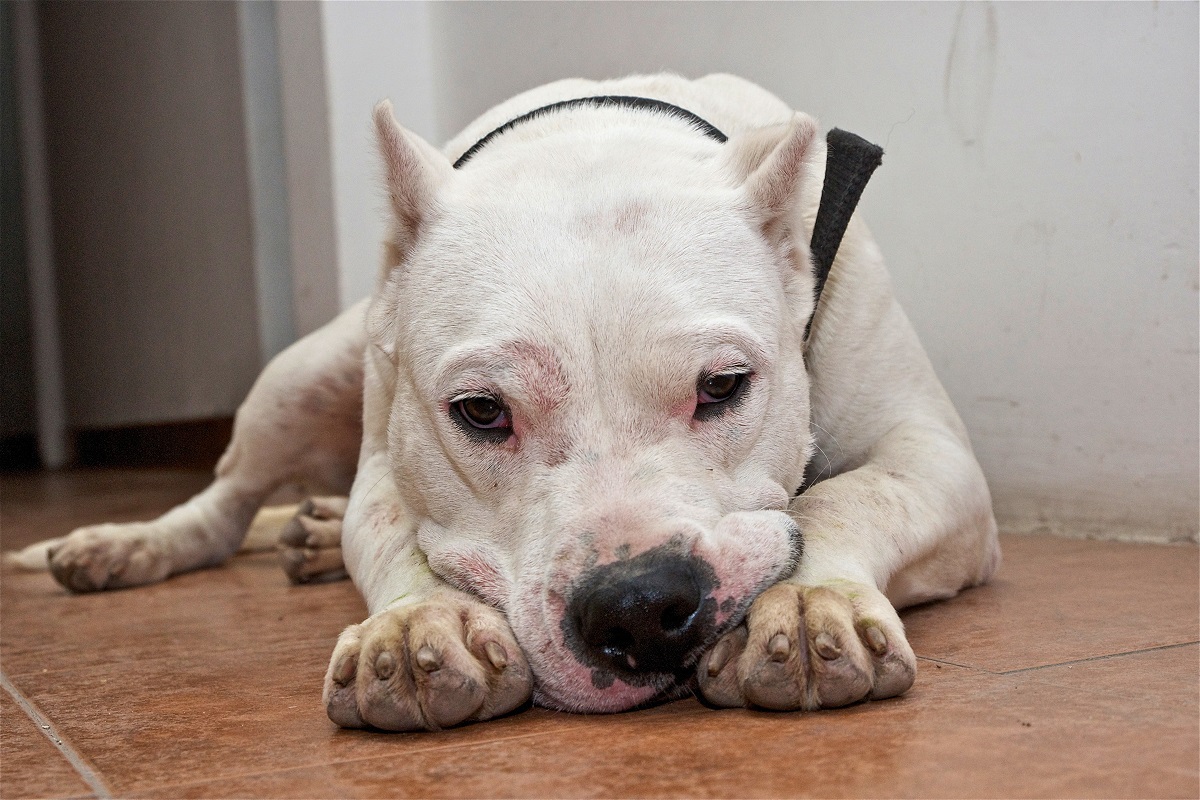The Queensland Government has placed a ban on five dog breeds in tough new laws to be introduced to parliament this year.
The breeds to be banned are the Dogo Argentino, Fila Brasileiro, Japanese Tosa, American pit bull terrier or pit bull terrier, and the Perro de Presa Canario or Presa Canario.
There will also be penalties up to $108,000 or up to three years’ jail time for the owner of a dog that causes death or seriously injures a person.
Mark Furner, Minister for Agricultural Industry Development and Fisheries and Minister for Rural Communities, said community safety is at the heart of these laws and continues to be the number one priority of the Queensland Government.
“The Animal Management Taskforce recommended meaningful changes to the Act, and I thank the participating local government representatives, the Local Government Association of Queensland and RSPCA Queensland, for their vital contributions to these new laws.”
The changes will be supported with $7.574 million in funding, which will also include a community education and awareness campaign rolled out over three years to build responsible dog ownership, prevent dog attacks, and reduce the risk of harm from dog attacks.
The Australian Veterinary Association (AVA) said it did not support bans on specific dog breeds to reduce attacks, instead suggesting a multi-pronged response.
The AVA’s suggestion included a legislative approach to identifying individual potentially dangerous animals and preventing them from inflicting harm and a well-designed education program directed at all segments of society, particularly children and dog owners in lower socio-economic areas.
Dr Isabelle Resch, President of the AVA’s Australian Veterinary Behavioural Medicine special interest group, says that dog bites are the result of complex behaviour caused by the interaction of genetic factors, the learning and experience of the dog, pain and medical issues and the external environment they live in.
“The AVA, along with the national veterinary associations of Britain, the United States, and Canada, recognise that breed-specific approaches to dog regulation are not effective as they do not protect the public by reducing dog bite incidents.
“A ‘Deed not Breed’ principle needs to be applied, which asserts that aggression in dogs is not tied to any particular breed but is influenced by various individual factors and circumstances, not breed alone.”
Dr Resch said that the importance of being proactive rather than reactive when it comes to addressing dog behaviour issues cannot be overstated.
“There is a significant gap in community knowledge about how to live alongside and interact with animals, particularly dogs. This lack of understanding can lead to unsafe interactions and increase the risk of dog attacks.”
The AVA has released a comprehensive report, Dangerous Dogs – A Sensible Solution which provides a detailed critique of breed-specific legislation that bans breeds of dogs perceived to be aggressive.
To stay up to date on the latest industry headlines, sign up to the Pet Industry News e-newsletter.

